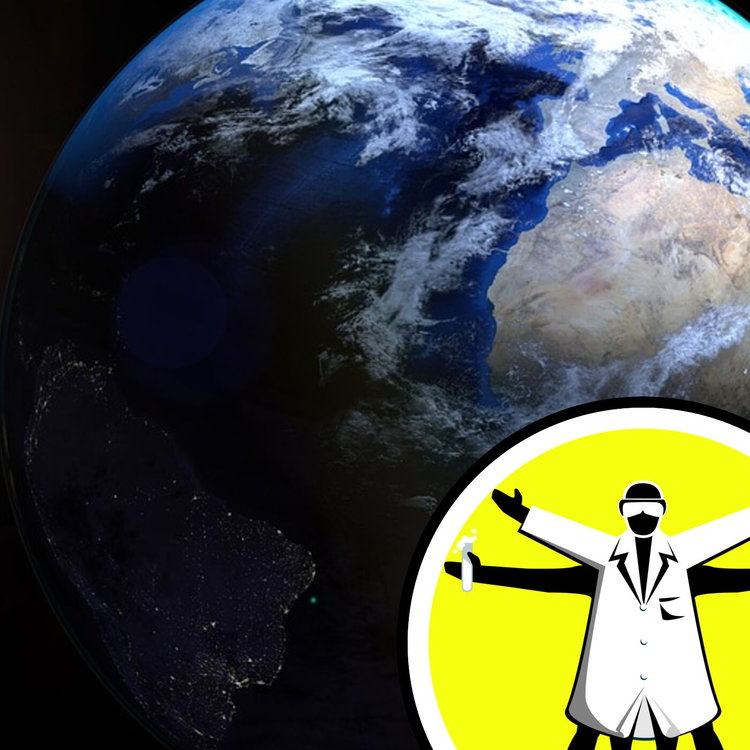
Fitter fat cells, and Earth spins slightly faster
This week, the cells that vanish when we slim down: are these the link between obesity and health problems like diabetes? Also, the bacteria that might be able to shield us from the "forever chemicals" we're all eating. Plus, why will 3 days over the next month be a millisecond shorter than they should be? Like this podcast? Please help us by supporting the Naked Scientists
